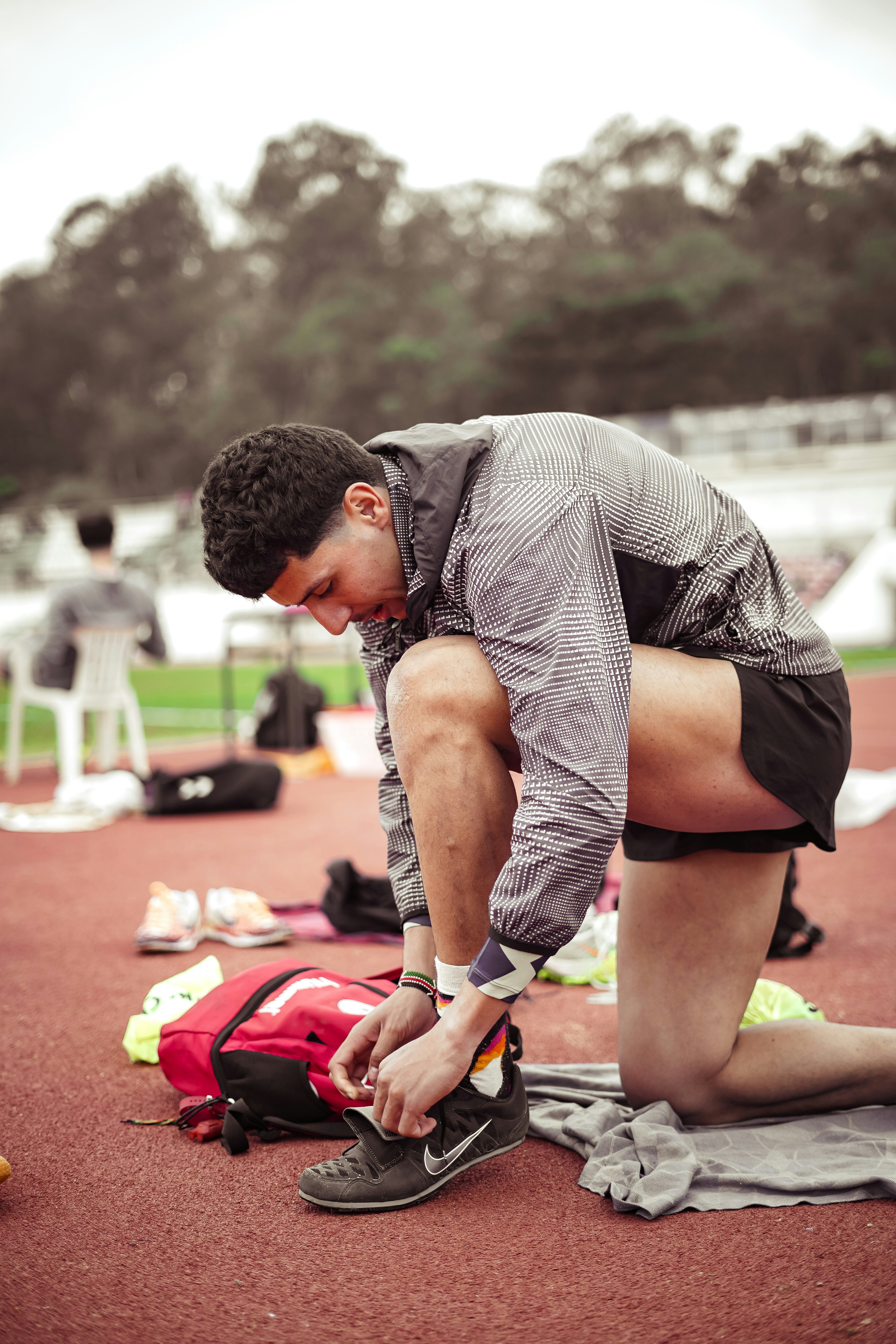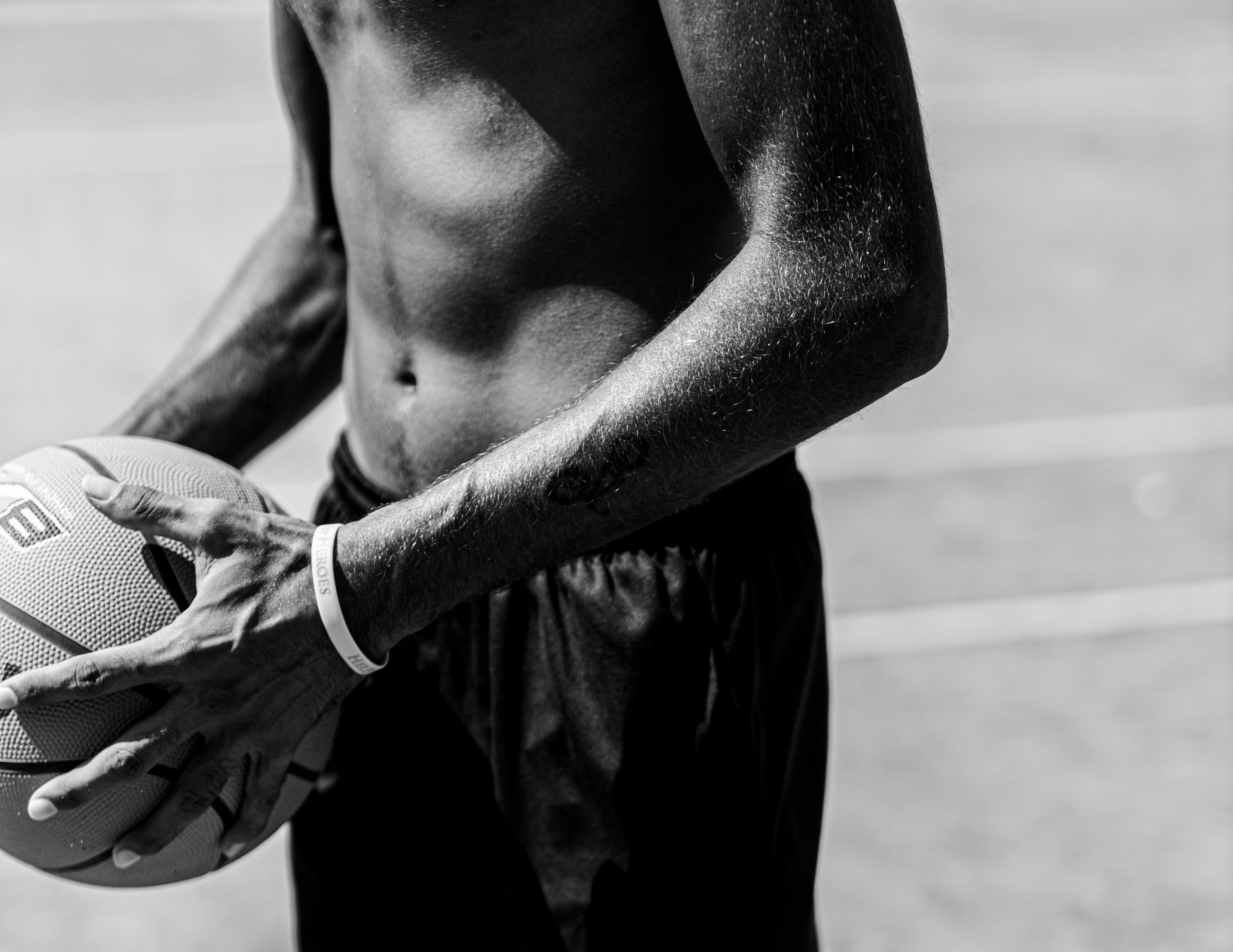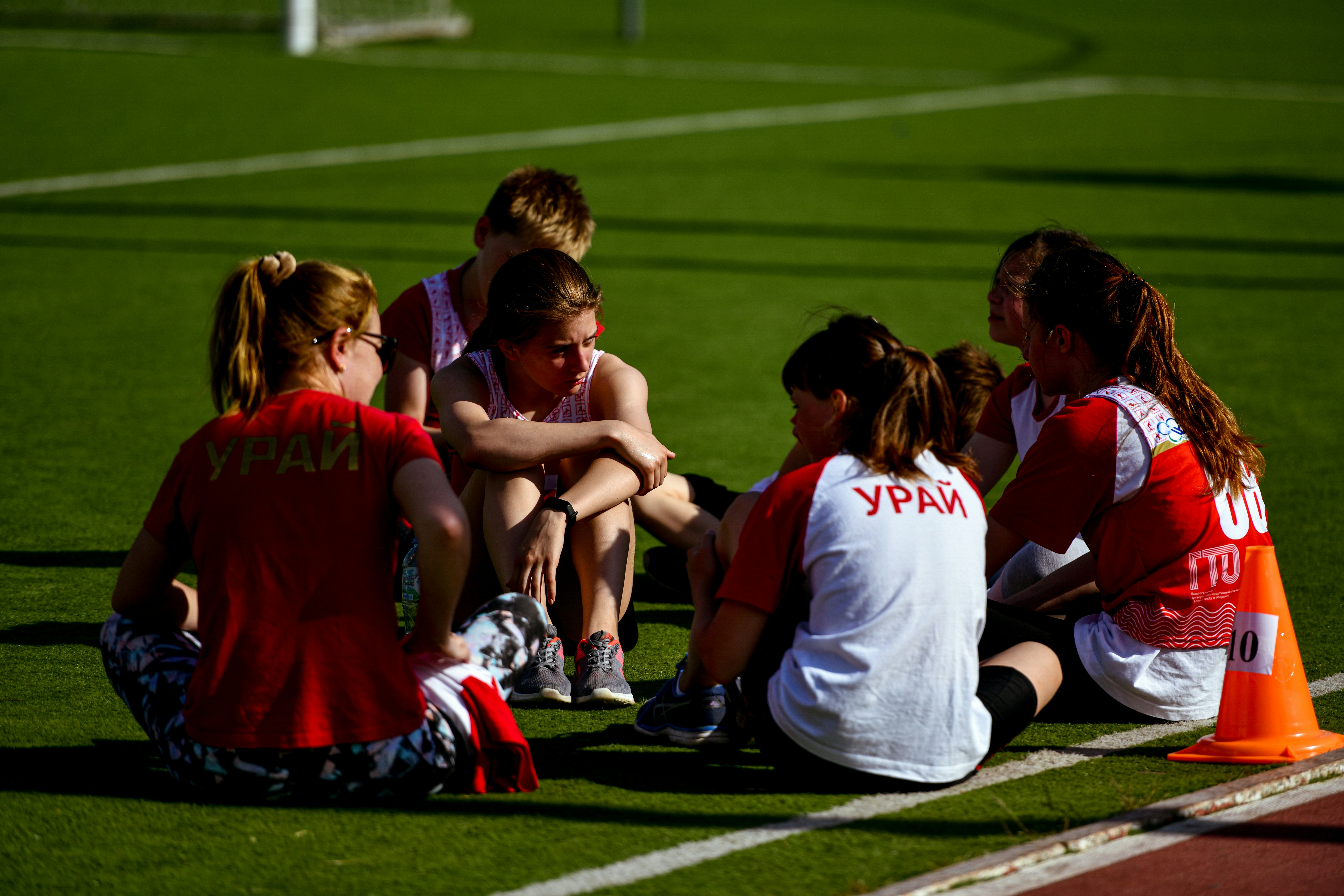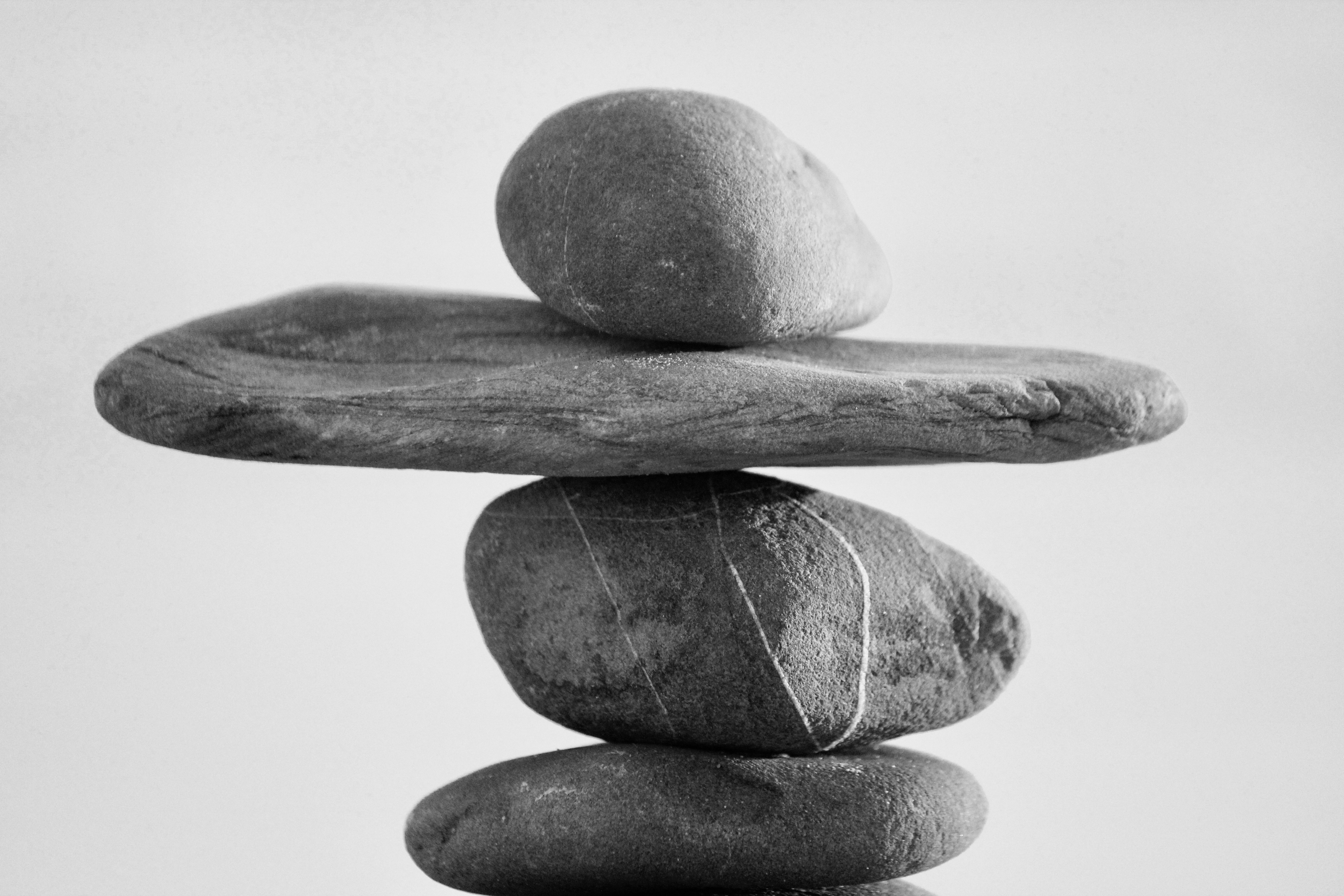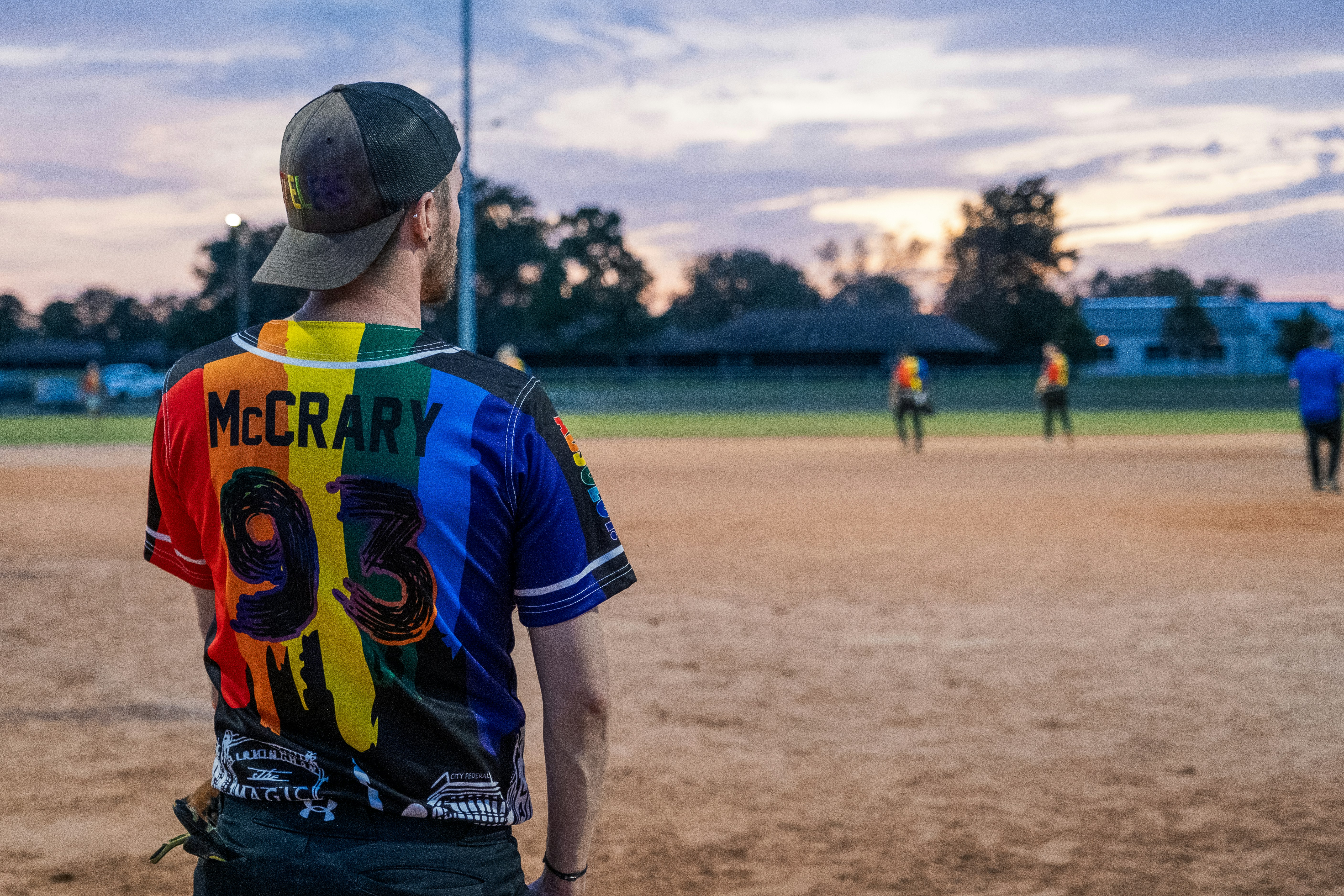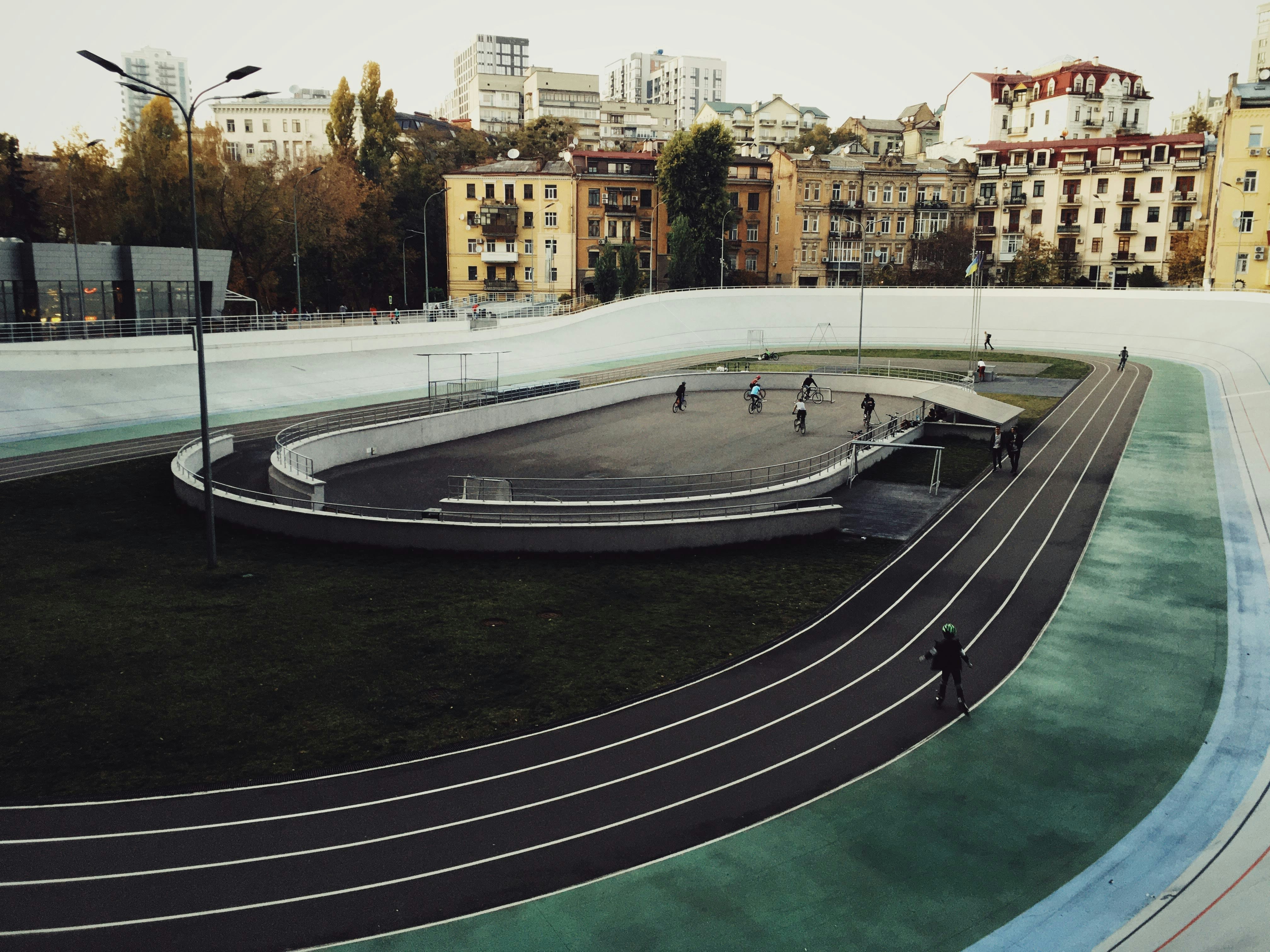The Psychology of Sports Sacrifice: Managing Mental Health & Relationships
In the world of sports, the drive for excellence can lead to remarkable achievements, but at what cost? Athletes often tread a delicate balance between their personal lives, mental health, and their unyielding pursuit of glory. This article explores the often-overlooked psychological aspects surrounding an athlete's sacrifices and contributions, revealing how they navigate personal relationships while striving for excellence on and off the field.
Athletes are celebrated heroes, their feats mesmerizing and inspiring countless fans. However, behind the accolades and game-winning performances lies a web of personal sacrifices that may go unnoticed. The quest for victory can strain relationships, disrupt mental well-being, and in some cases, lead to feelings of isolation. Athletes grapple with intense pressure and expectations to excel, making the need to discuss mental health and relationship management all the more pressing.
The Weight of Expectations: The Athlete's Burden
Athletes live under the constant glare of public scrutiny. Every action is analyzed, every failure criticized. Such pressure can seem insurmountable. As they chase their dreams, an unbearable expectation to achieve can lead to a detrimental impact on their mental health. It is essential to recognize that behind every noteworthy performance, there may be hidden struggles.
For example, an athlete might find themselves at odds with friends and family who don't understand their commitment. This disconnect can lead to feelings of loneliness, which exacerbate stress and anxiety. Mental health issues among athletes have become increasingly recognized, demanding focus as we discuss how personal relationships can be impacted by the relentless pursuit of excellence.
The Personal Sacrifices of Athletes
Decisions athletes make about their training and competition often come at the expense of social outings, family gatherings, and even important life events like birthdays or weddings. Sacrificing these moments may lead to resentment and conflict in their personal relationships. In their realization of the need to prioritize their sport, they may alienate those who matter most.
A well-known example of this is professional athletes who often face criticism for choosing training over personal milestones. These decisions may lead them to miss crucial moments in the lives of their loved ones. As a result, managing these sacrifices becomes essential in maintaining a healthy balance in their personal lives.
The Interplay of Mental Health and Relationships
The relationship between personal life and mental health is significant. Research shows that athletes may be both the recipients and sources of intense social pressure. These pressures often lead to higher rates of anxiety and depression in athletes compared to the general population (source: Harvard Business Review).
When athletes struggle with their mental health, it exacerbates their ability to engage positively with friends or family. Withdrawal and a lack of communication can create friction. Athletes need support systems that understand not just their dedication to sport but also the emotional toll that can take on their lives. This support ensures that athletes do not feel they are sacrificing their personal relationships entirely for their careers.
Building a Supportive Network
Creating and maintaining a robust support network is vital for athletes. Engaging with family and friends who grasp the complexities of their lifestyle plays a crucial role in their mental health. Open discussions about challenges—ranging from intense competition to emotional breakdowns—can foster understanding and compassion among their support circles.
Team psychologists and therapists also play an essential role in helping athletes navigate these complicated emotional waters. Today's athletes increasingly rely on mental health professionals for guidance, creating a more holistic approach to well-being in sports. By seeking help, athletes not only work on their mental health but also communicate their needs more effectively to those around them.
The Role of Coaches in Athlete Relationships
Coaches can dramatically influence how athletes view their sacrifices and relationships. Effective communication between coaches and athletes can mitigate the isolation that many players feel, allowing for a more inclusive environment. Coaches well-versed in mental health and emotional resilience can help their players understand the importance of maintaining personal connections while pursuing greatness in their discipline.
Furthermore, some coaches are now integrating mental health education into their training programs, encouraging open dialogues among teammates. This shift contributes to building a more connected team culture where athletes can share their struggles, as illustrated in articles on athlete development factors such as neurofeedback training and its importance in achieving peak performance.
Coping Mechanisms: Nurturing the Mind and Body
Calming practices such as mindfulness and meditation are being widely adopted among athletes as coping mechanisms. These techniques enable athletes to ground themselves while managing the pressing demands of their sports lives. Learning to be present and to manage stress effectively can pave the way for healthier interactions with loved ones. Creating space for thoughts and feelings allows athletes to engage more meaningfully with others, fostering better personal relationships.
Engaging in Open Dialogue
Increasing awareness of mental health issues is prompting athletes to engage in open dialogues about their experiences. Social media platforms provide avenues for athletes to share their struggles, fostering community support among fellow athletes. High-profile athletes like Michael Phelps have often discussed their mental health challenges, thus helping to destigmatize these issues within the sporting community.
Furthermore, the narratives shared by athletes can spark meaningful conversations surrounding relationship management in sports, leading to shared experiences and mutual support among peers. Resources such as online forums and support groups allow them to connect with others who face similar challenges.
Finding Balance: Mastering Time Management
Time management is paramount for athletes seeking to balance their competitive endeavors with personal commitments. Creating strict schedules that delineate training, recovery, and personal life can help manage responsibilities better. Adopting techniques from project management can be helpful; prioritizing daily tasks, setting boundaries, and incorporating flexibility can empower athletes to sustain their relationships while achieving their goals.
The Importance of Self-Identity Beyond Sports
Lastly, fostering a self-identity outside of athletics is essential for long-term mental wellness. Athletes often get trapped in the label of "athlete," leading to a disconnection from aspects of themselves that exist outside of their sport. Engaging in hobbies, volunteering, or building professional skills can help cultivate a more rounded identity, easing the pressure they often place on themselves.
This sense of self can enhance personal relationships, as athletes can share new experiences and insights with loved ones. When their identities are rooted outside of competition, they reclaim part of their lives that might be overshadowed by their sporting commitments.
Final Thoughts
The world of sports is demanding, and the sacrifices athletes make in pursuit of greatness often come at a significant personal cost. However, understanding the psychological implications of these sacrifices can foster better mental health and stronger relationships. By building supportive networks, prioritizing communication, and engaging in self-care practices, athletes can navigate their path to glory without losing sight of their personal lives.
As we shed light on these intricate dynamics, it's essential that we continue to advocate for mental health awareness in sports, ensuring that athletes know they are not alone in their struggles. Remember to check out resources like our articles on the psychological playbook for athletes and the impacts of urban green spaces on youth sports participation as you explore this vital aspect of athletics.
